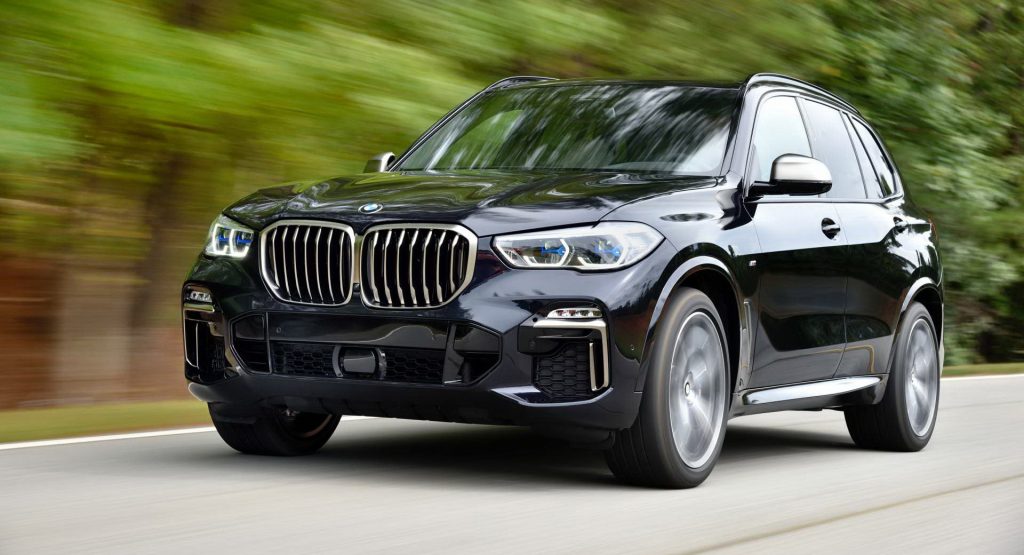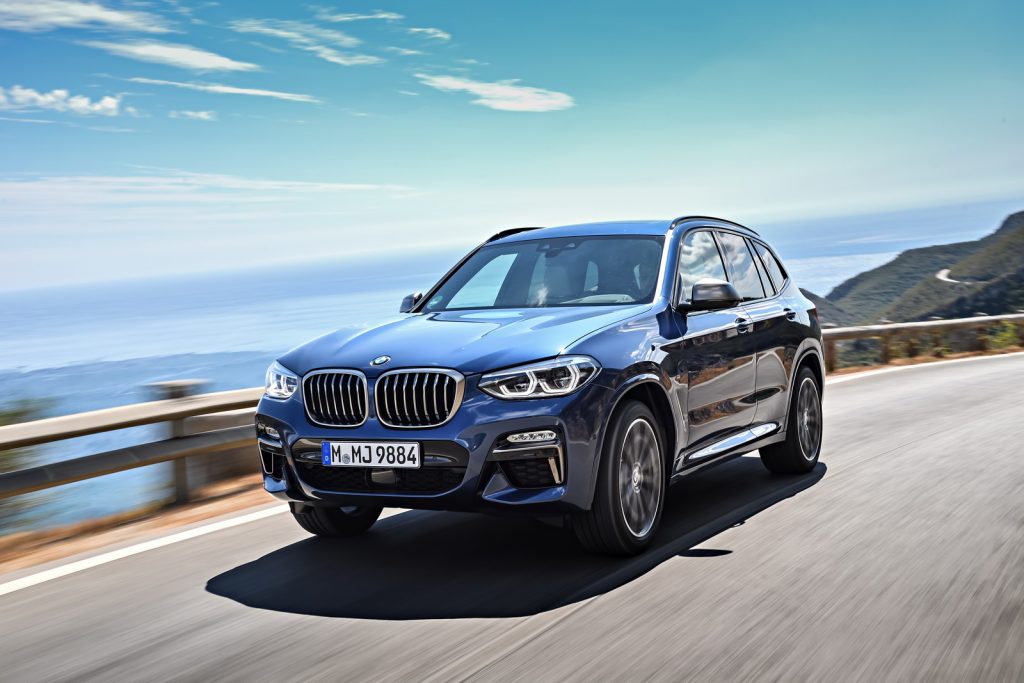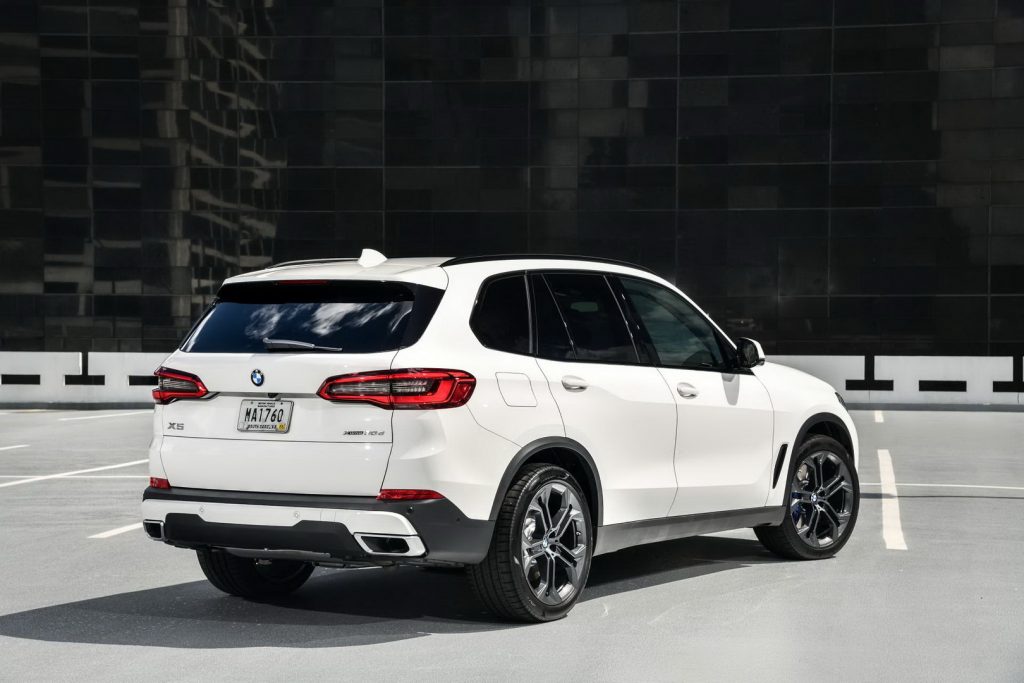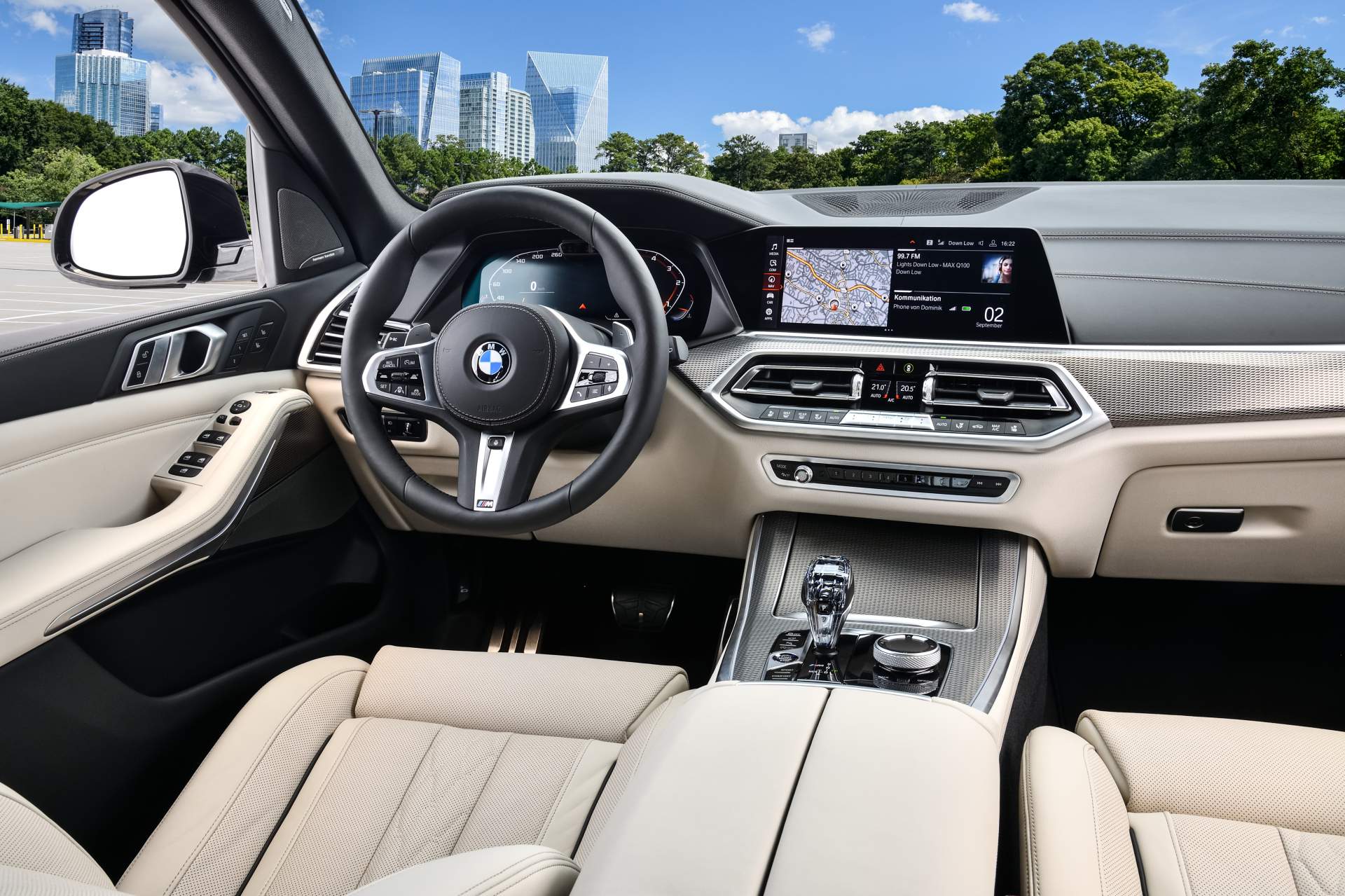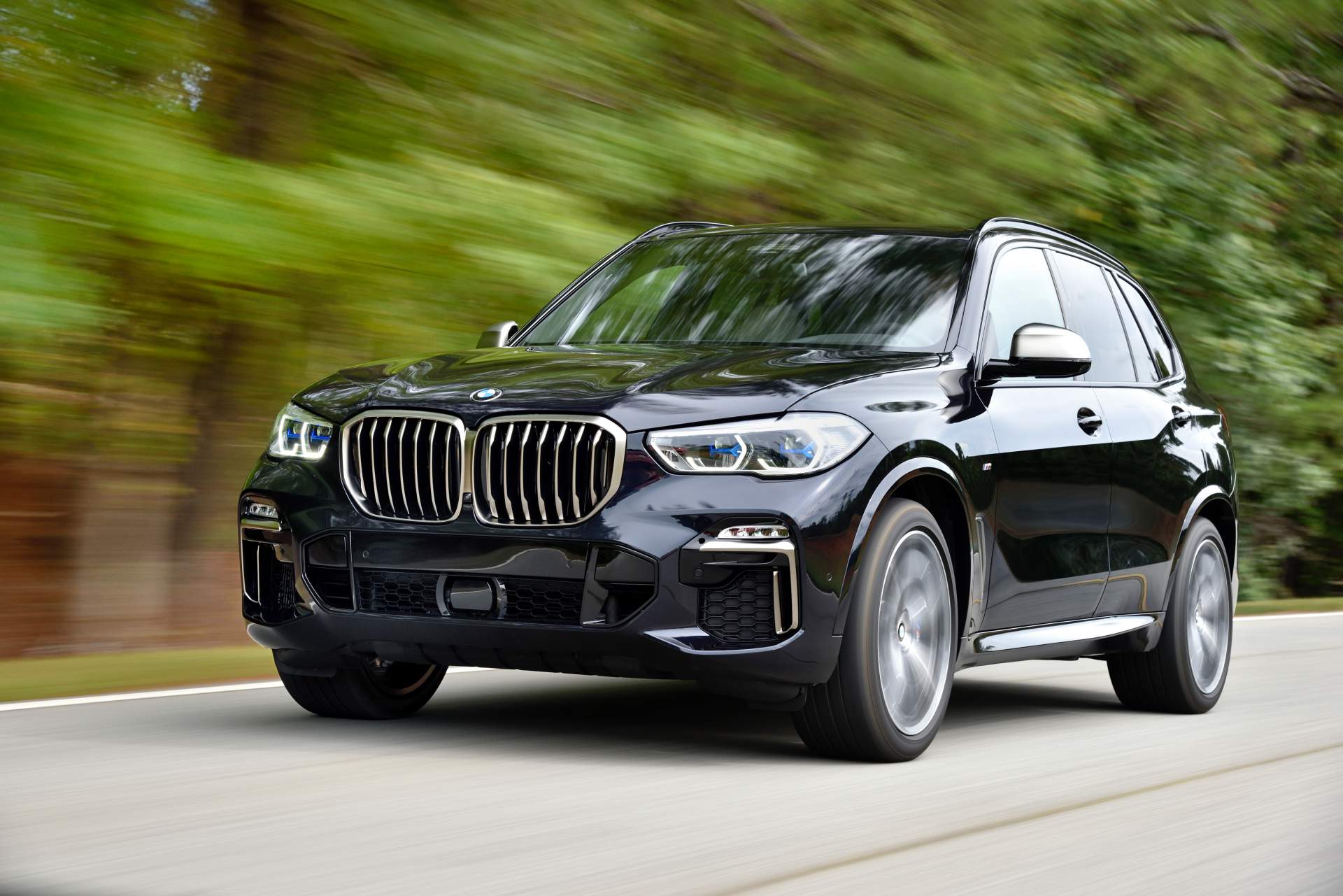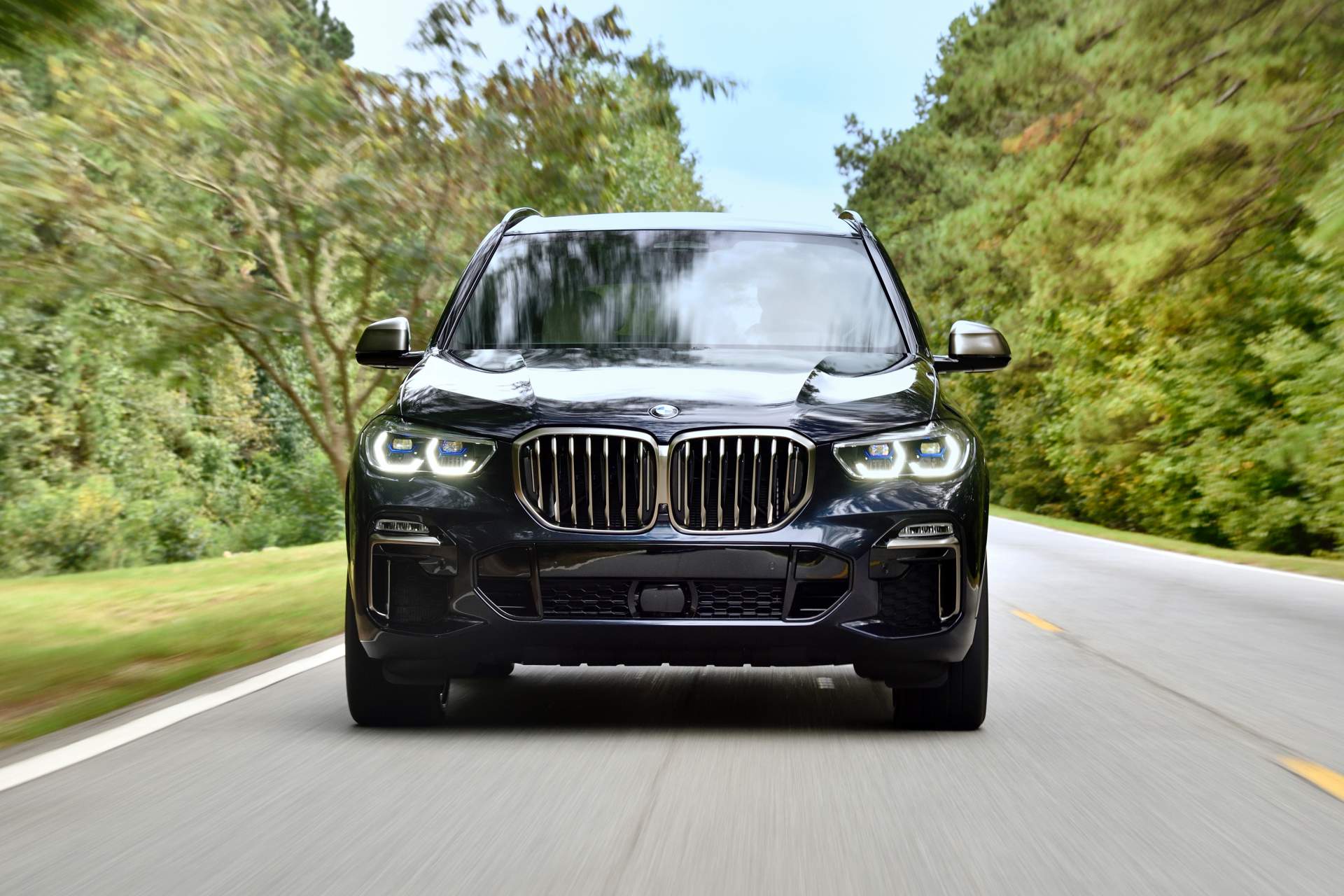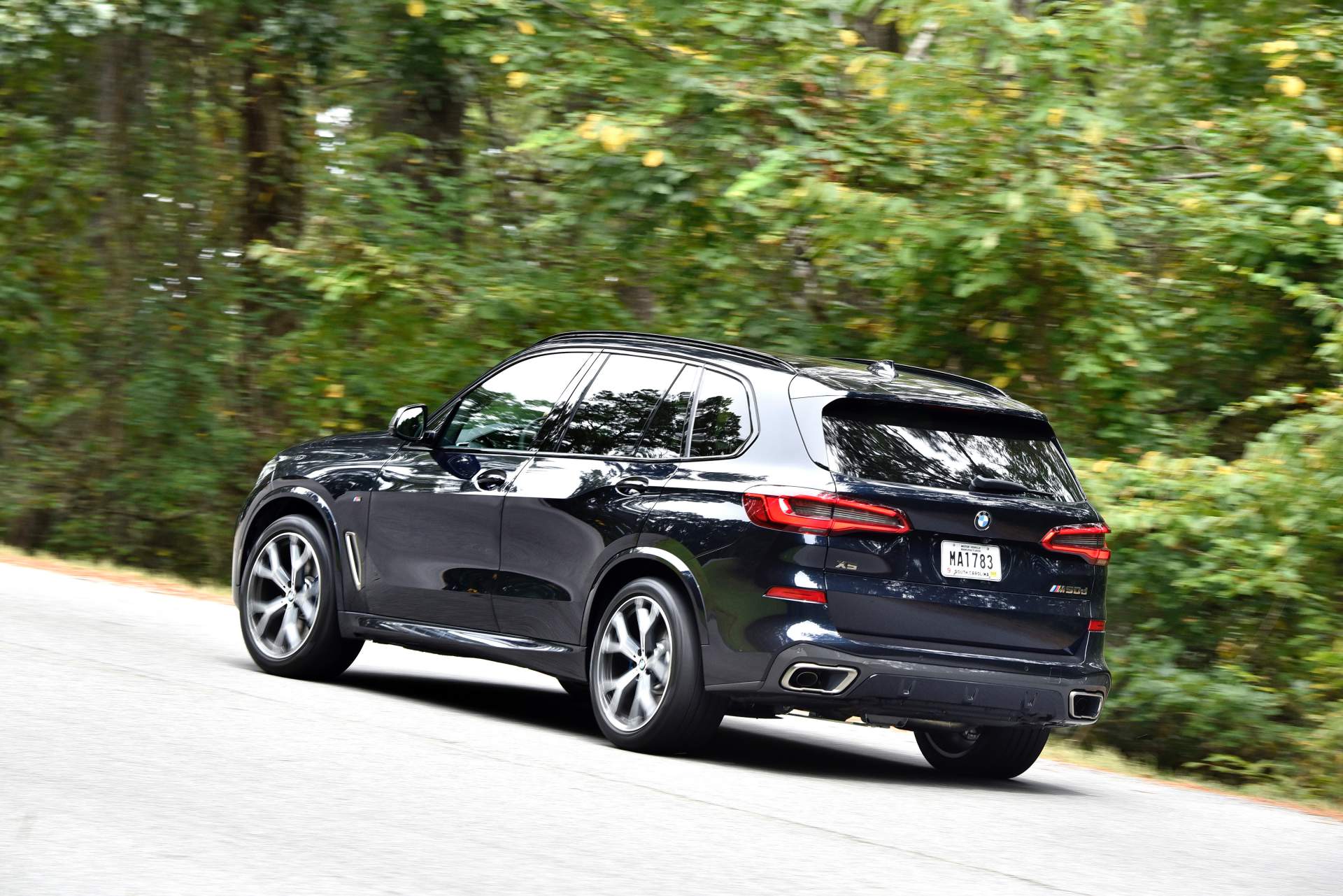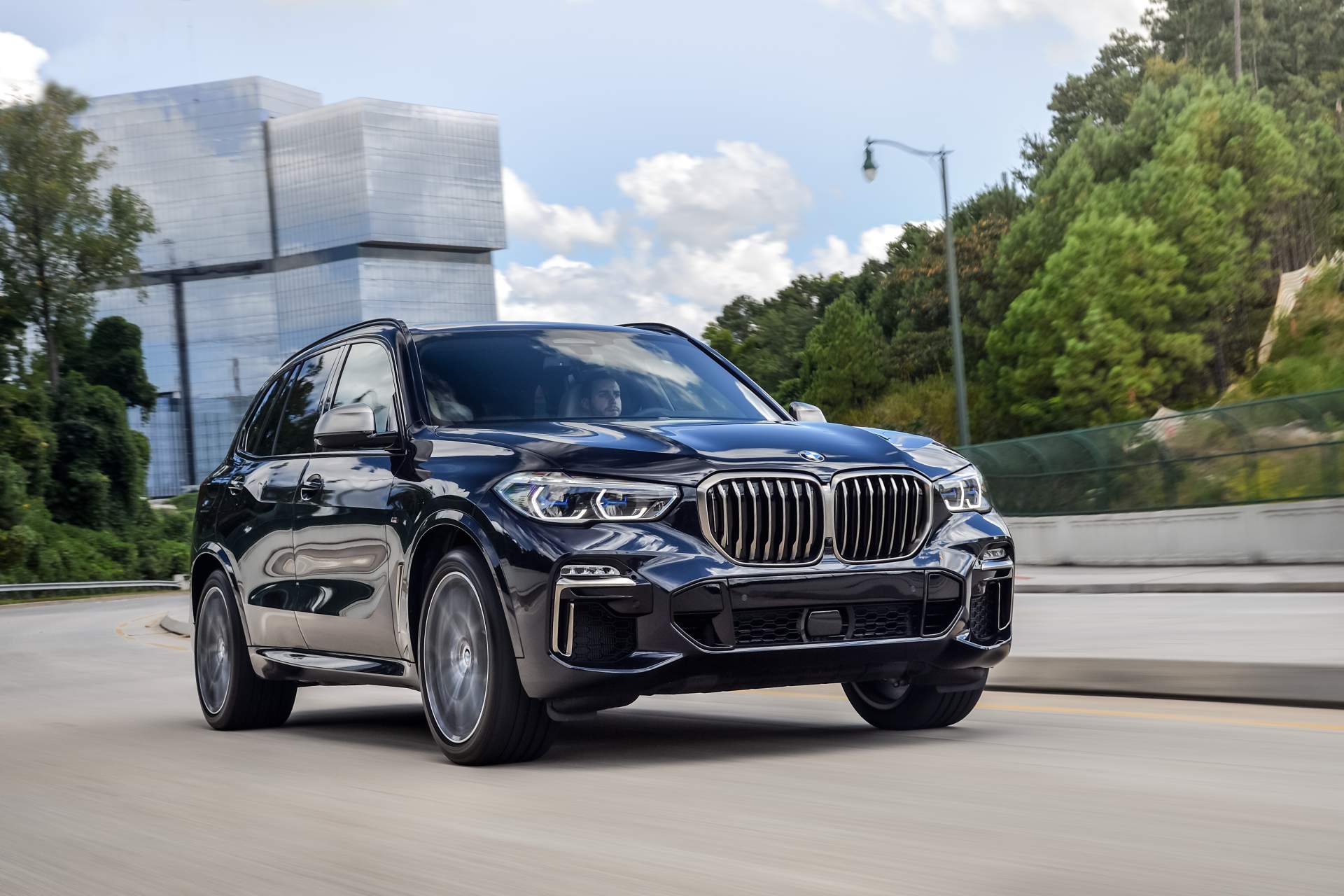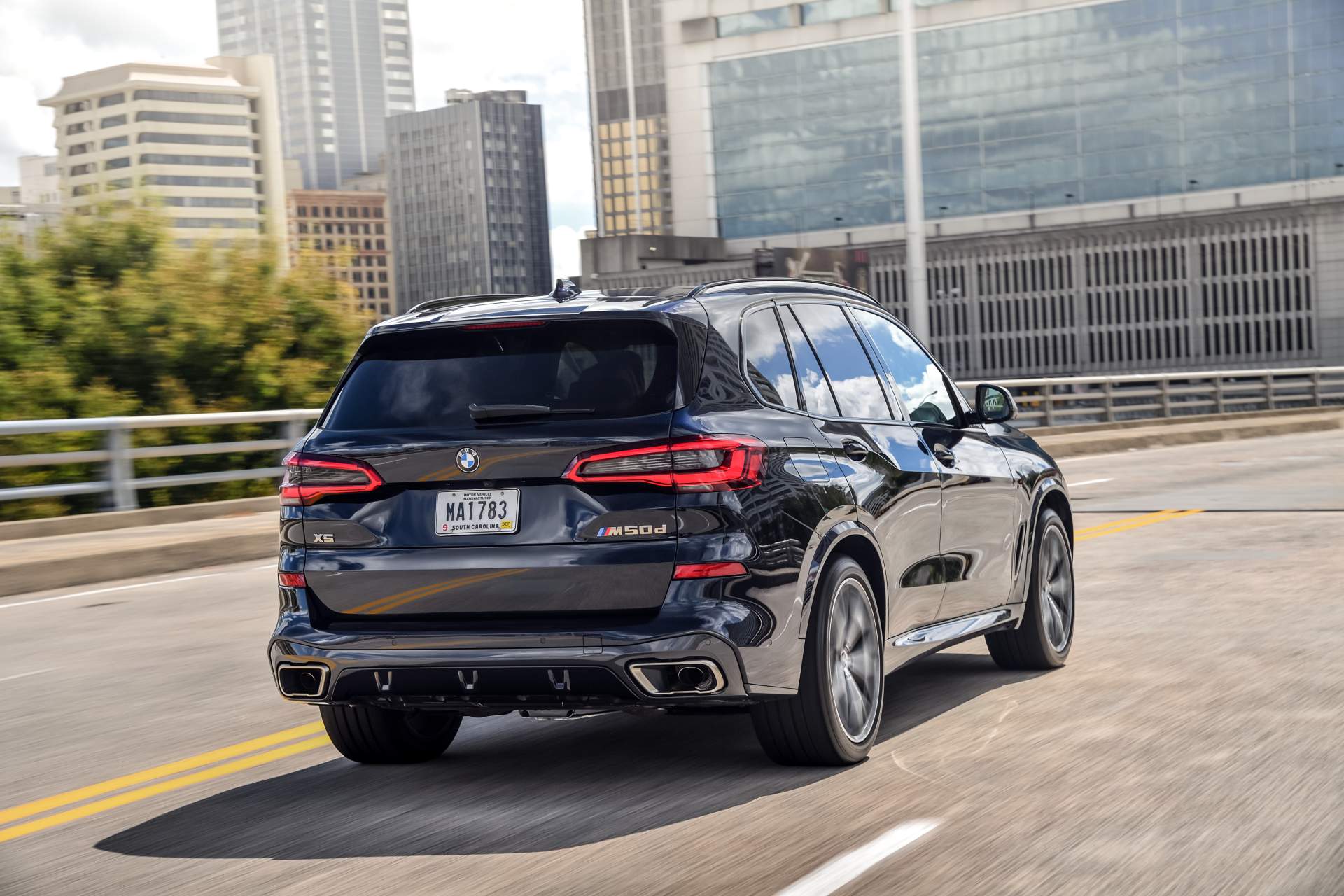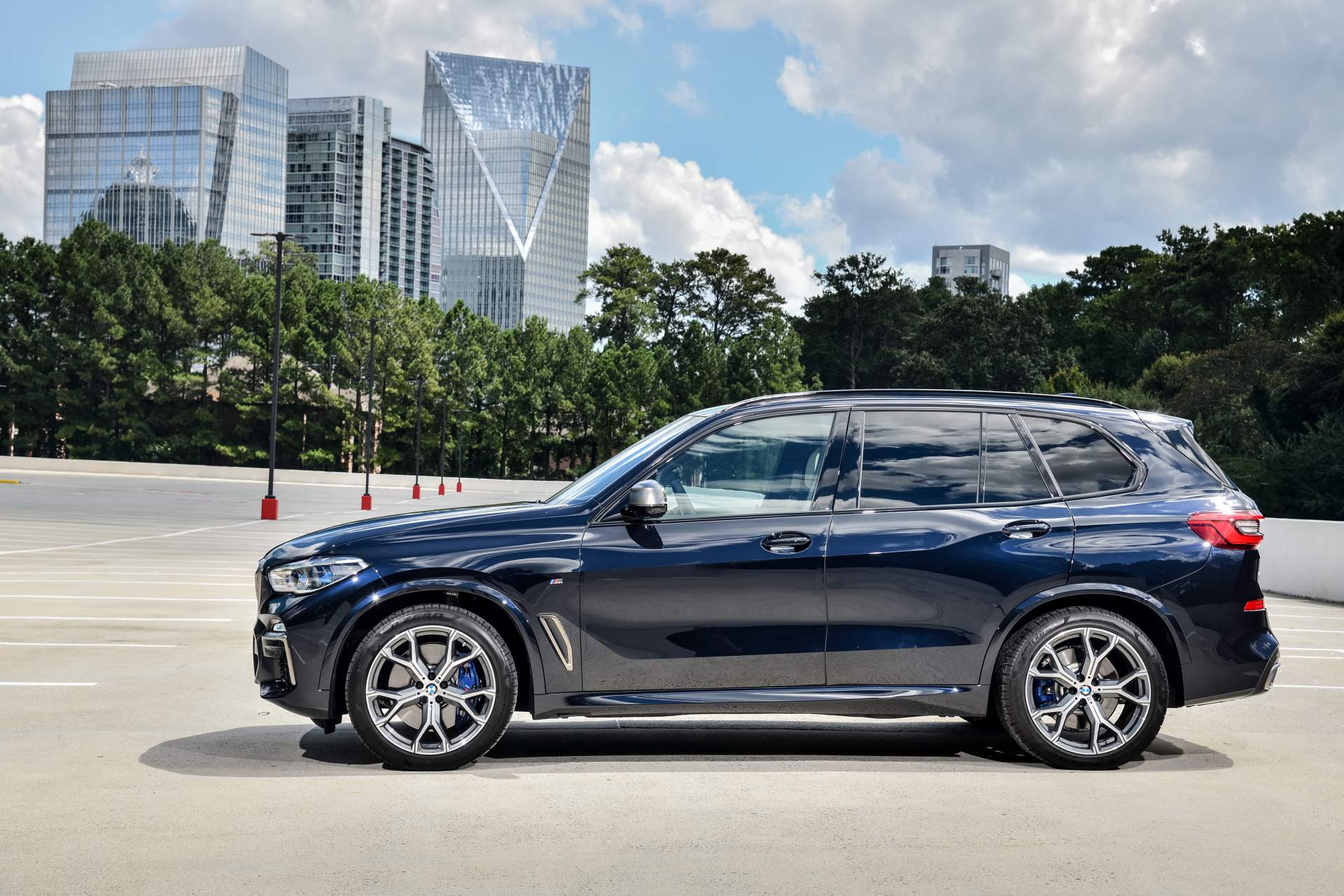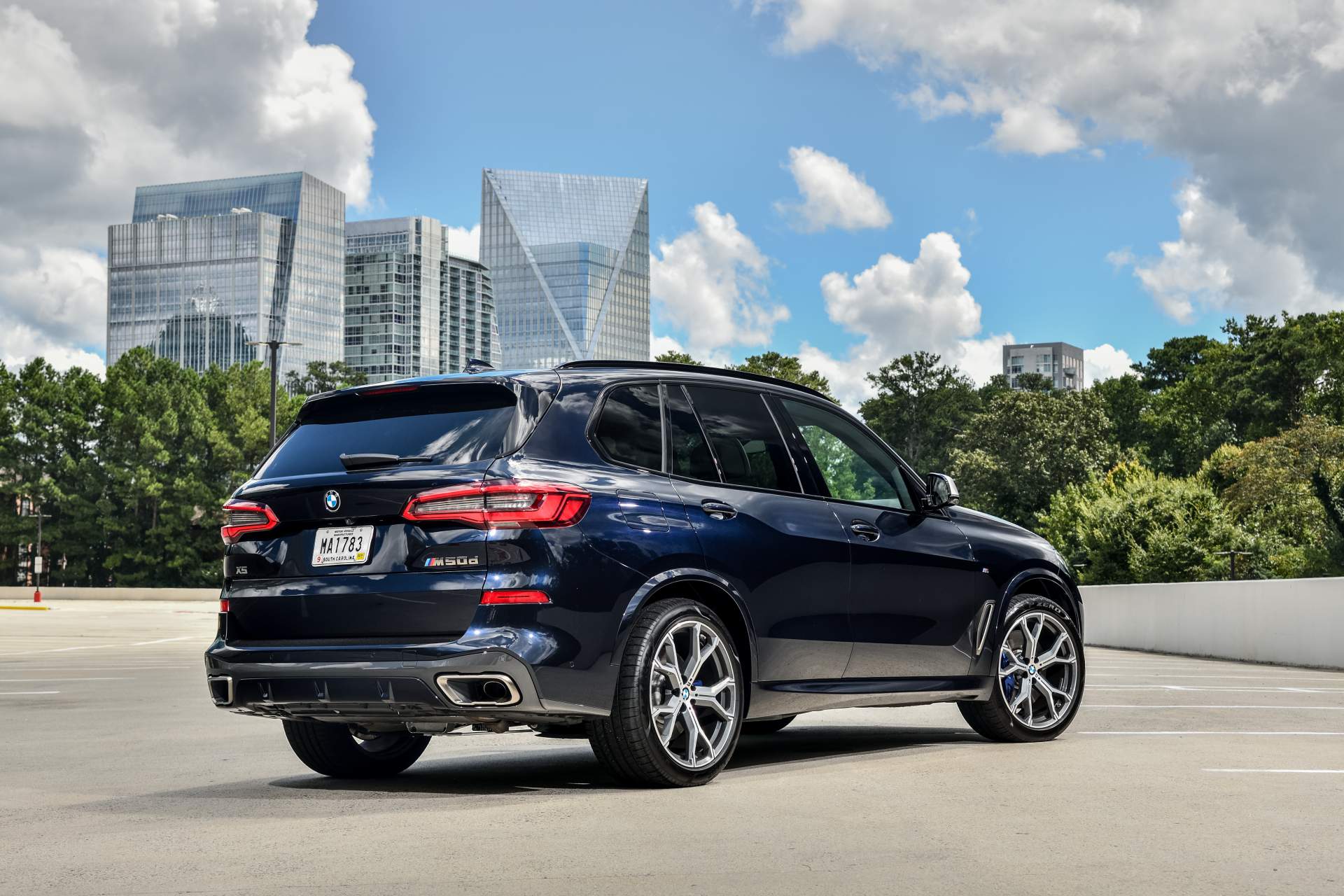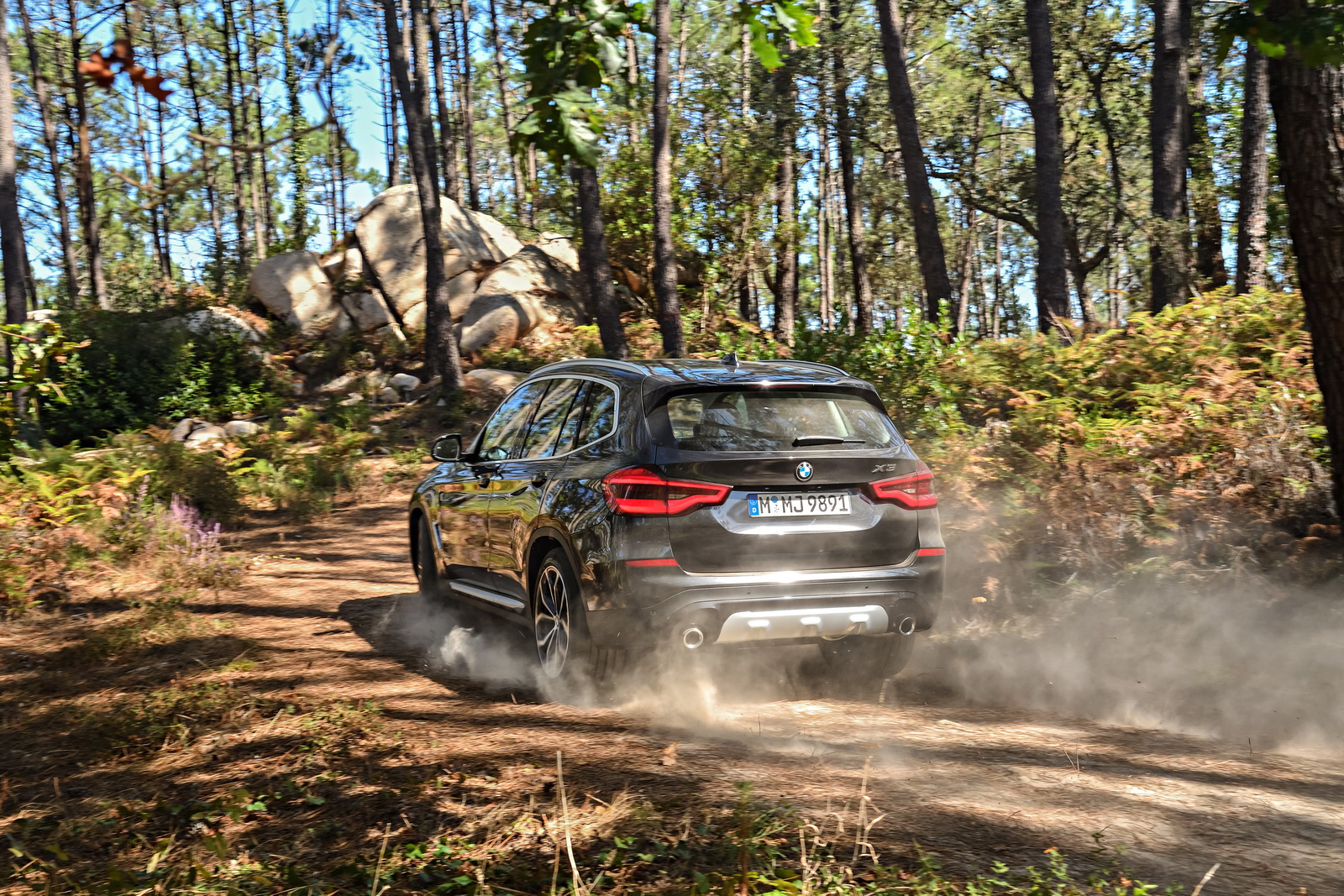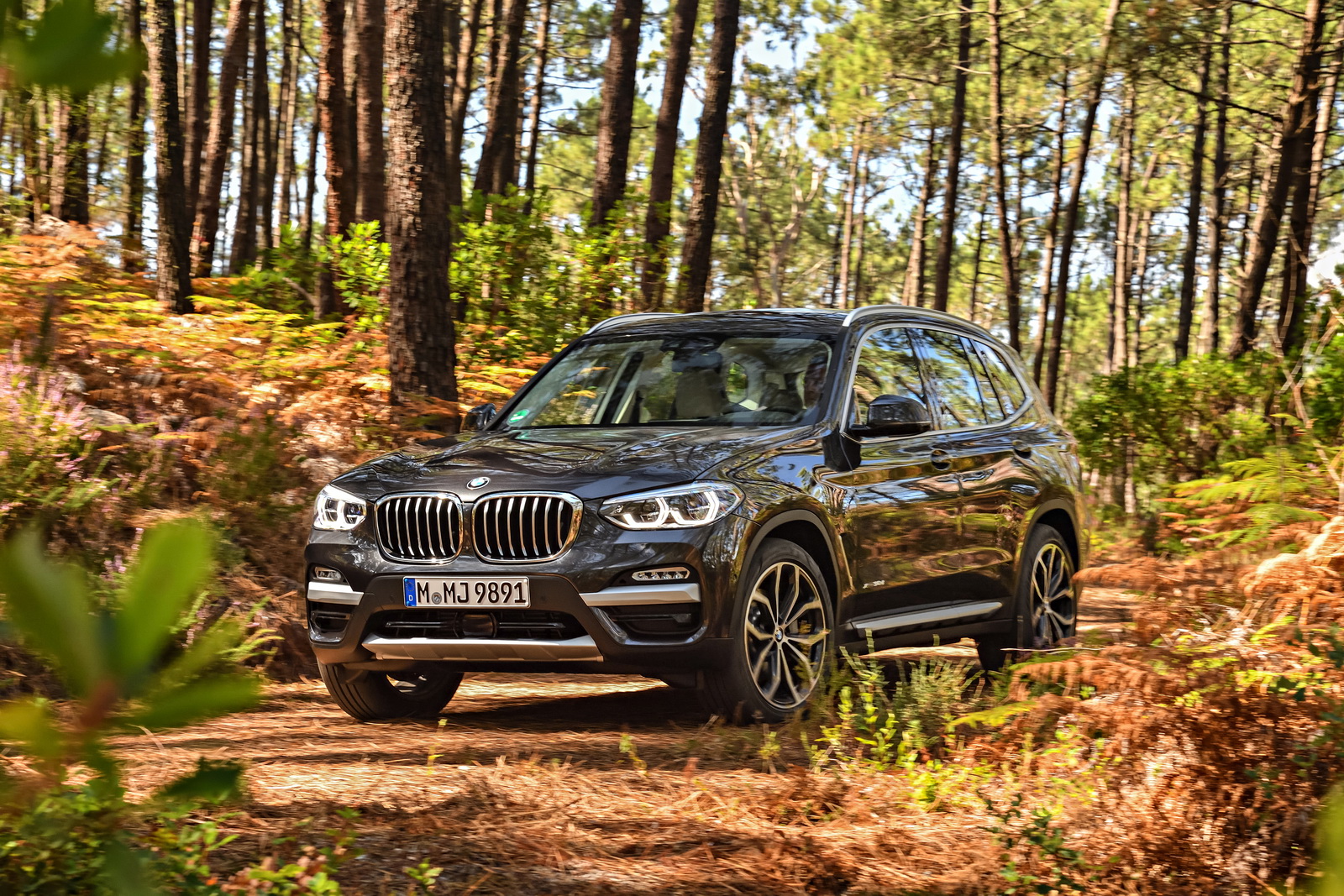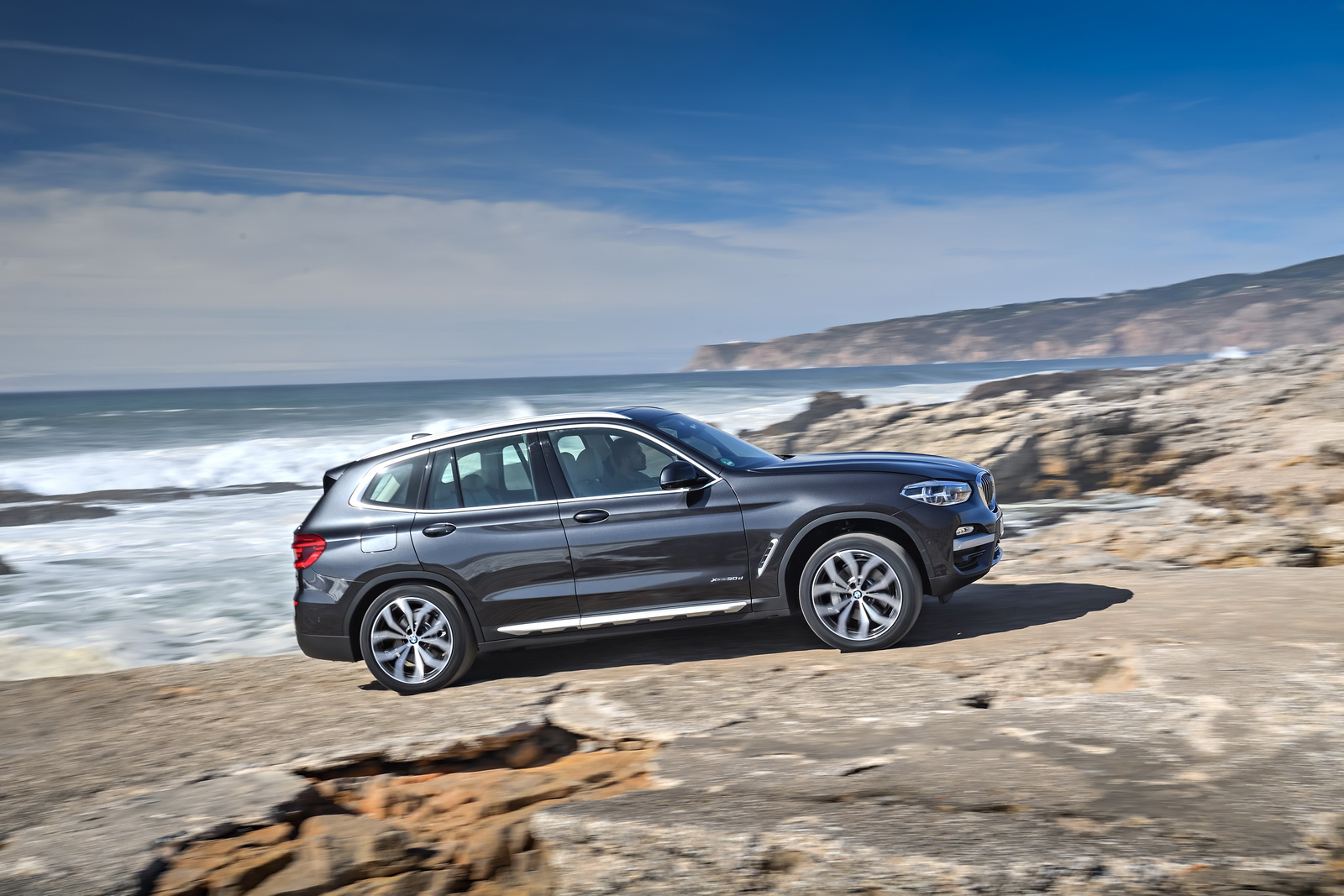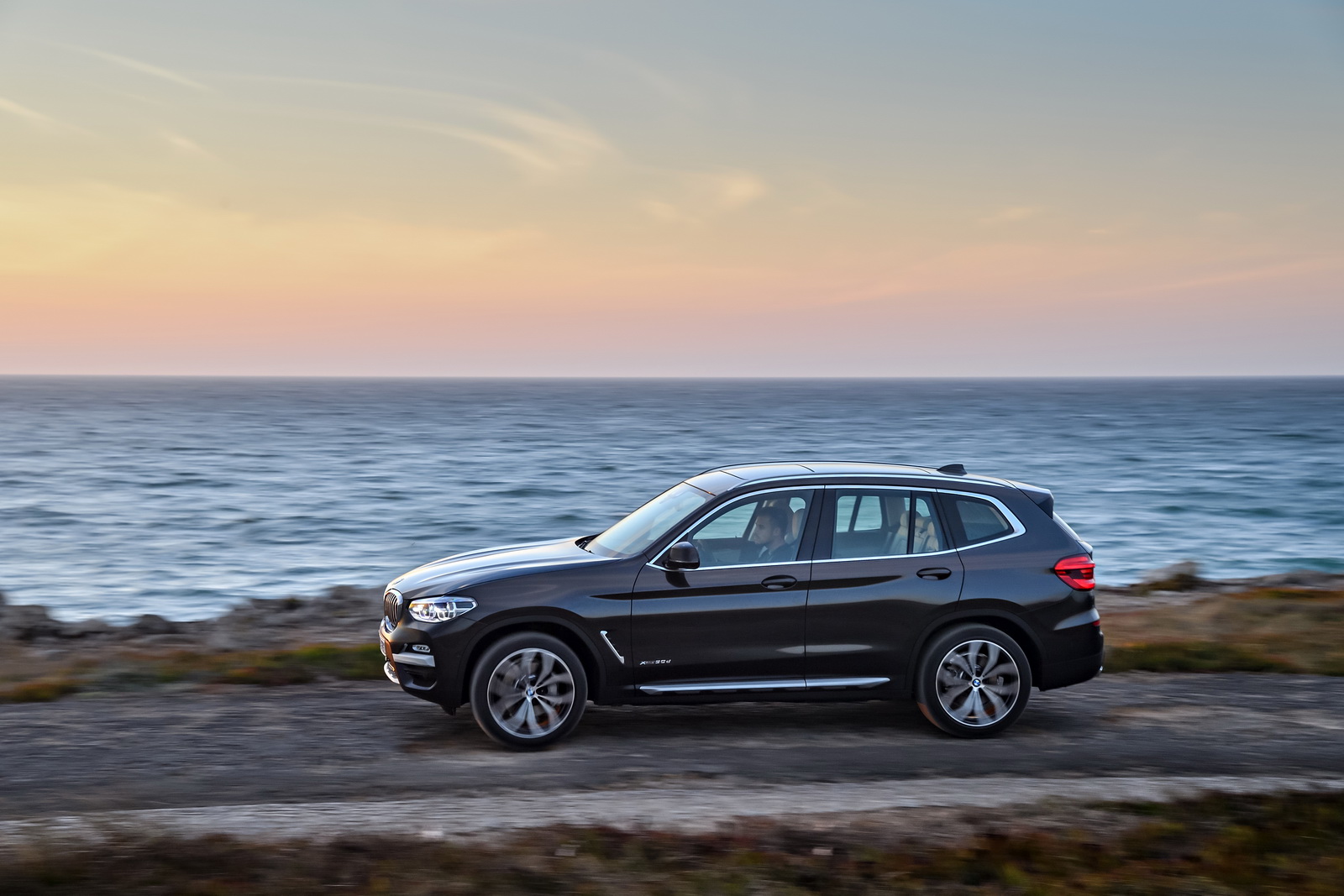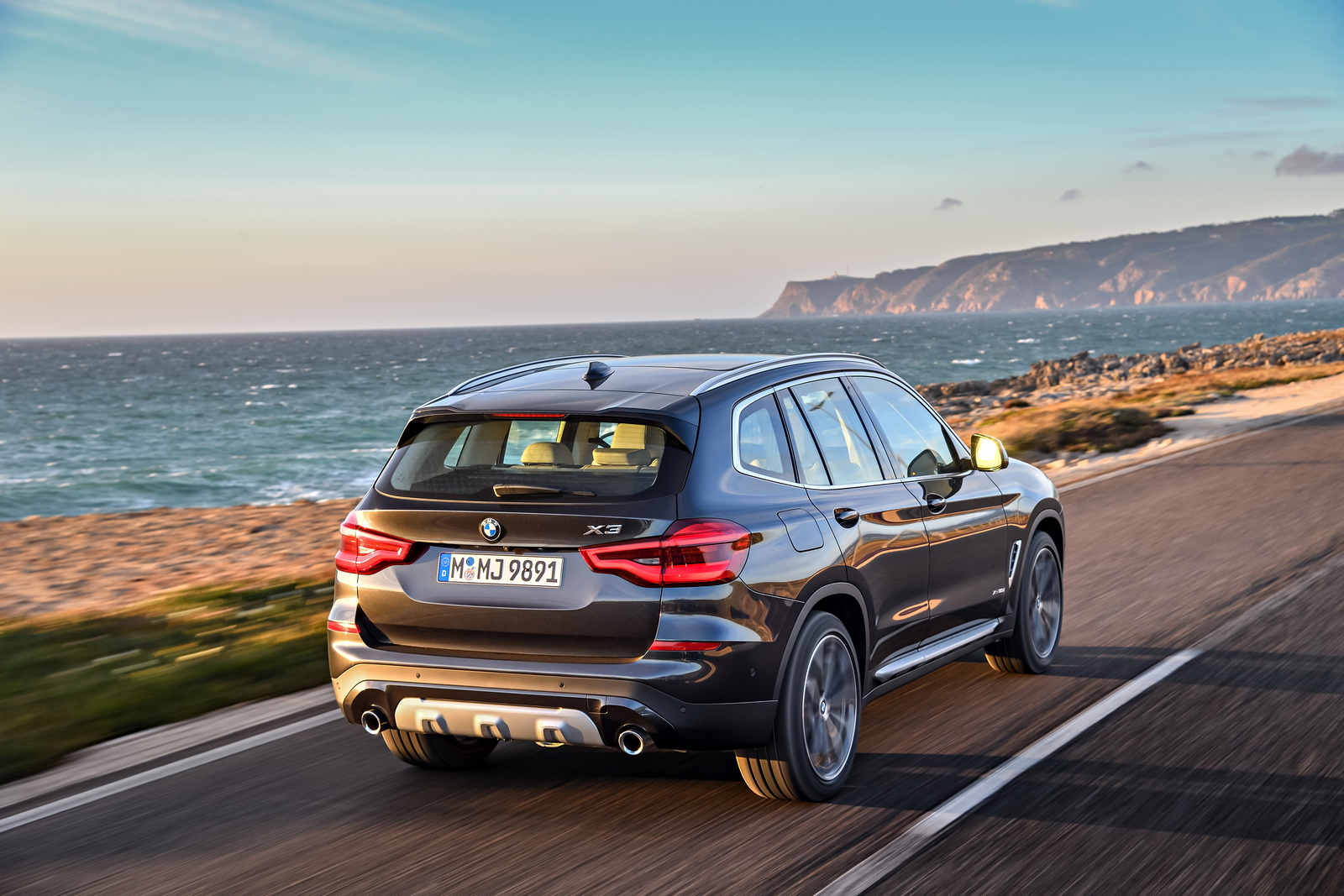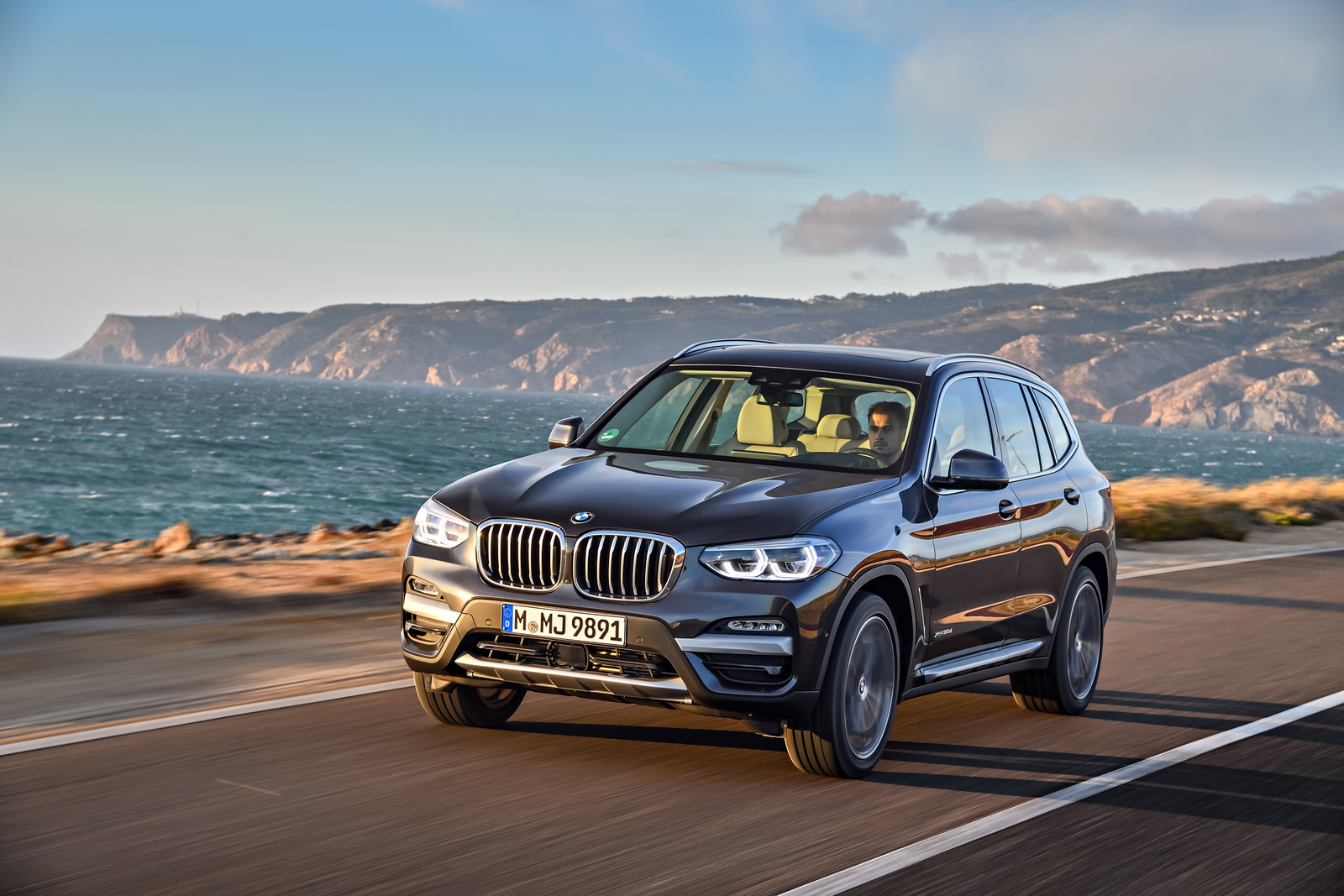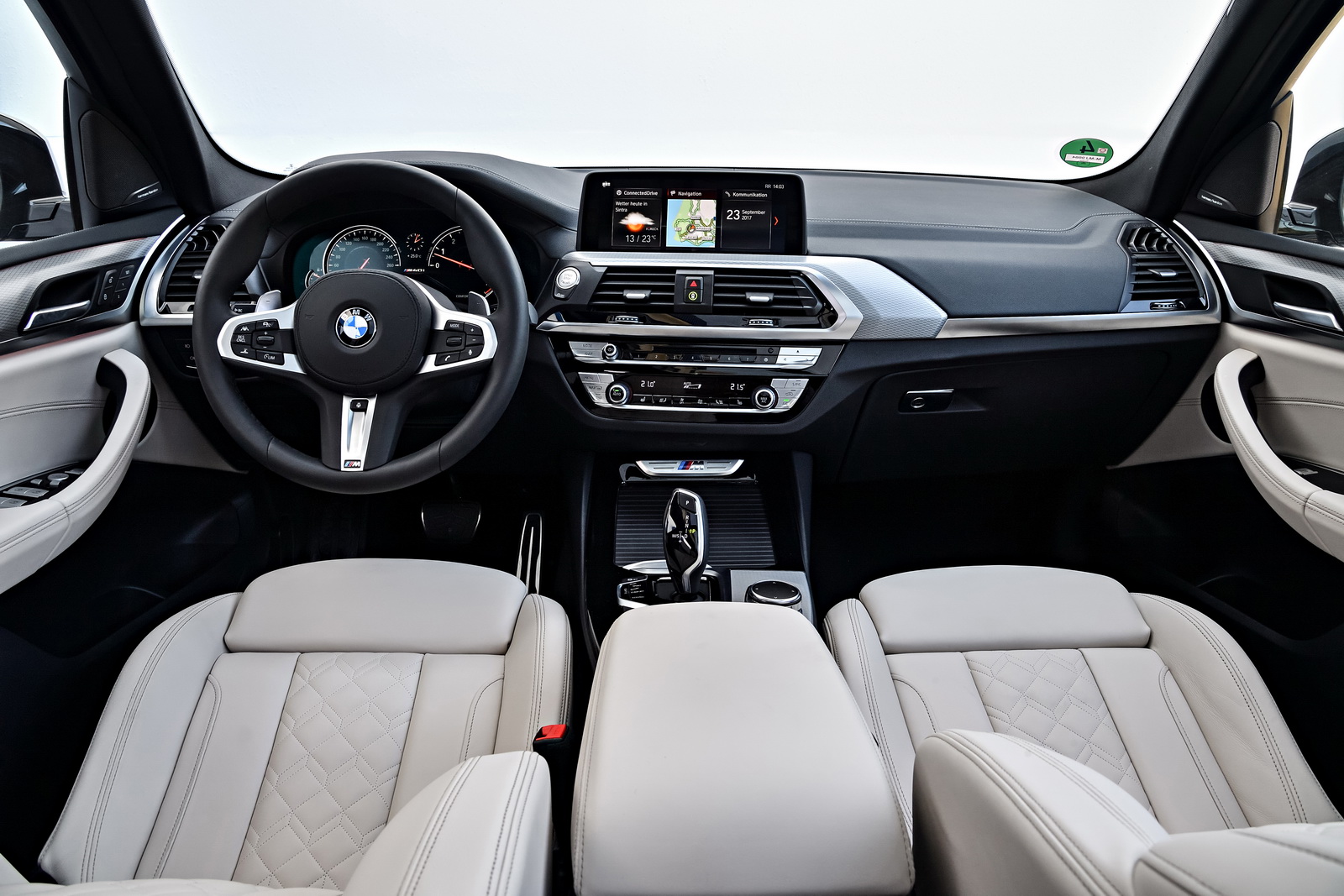BMW will decide in the coming weeks whether they will build more SUV models in China, as the new tariffs between the US and China are estimated to put a $344 million-sized hole in the company’s 2018 earnings, said BMW’s Chief Financial Officer Nicolas Peter.
“We will take a final decision in the coming weeks about which model to localize next in China,” Peter said to Reuters. BMW’s CFO also added that sales of the X3 have increased since they decided to produce it in Asia, reducing their reliance on exports from the United States.
Building more SUV models in China would affect jobs and future investment at BMW’s Spartanburg plant in South Carolina, which is the carmaker’s biggest factory in the world, but the repercussions are still unclear.
“If the tariffs undermine the competitiveness of BMW production and sales in the U.S., the result could be strongly reduced export volumes with negative effects on investments and jobs in the U.S.,” said BMW spokesman Kenn Sparks.
BMW’s Spartanburg factory is currently the home of the X3, X4, X5, X6 and more recently the X7 but the recent trade dispute between the US and China has been putting pressure to move production of successful models like the X5 to China. Cars imported there from the United States currently receive a 40 percent tariff.
The German carmaker has already stopped exporting the X3 from the US, moving production to their Rosslyn factory in South Africa and to another in Shenyang, China. BMW announced last month that it would pay $4.2 billion to take control of their main joint venture in China, with analysts expecting more production to be shifted there in a bid to protect the company’s profits amid the U.S.-China trade dispute.




